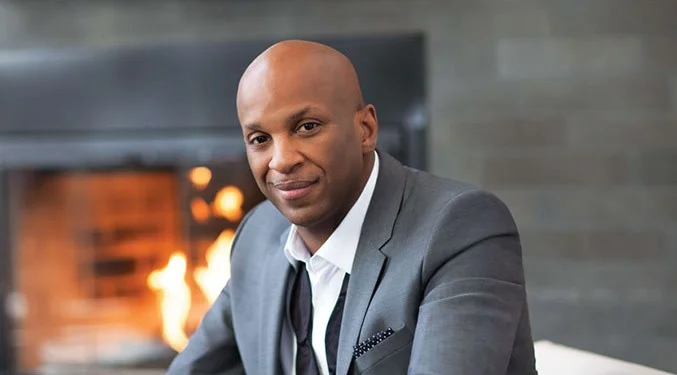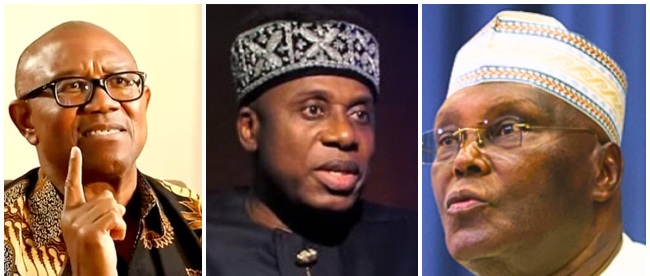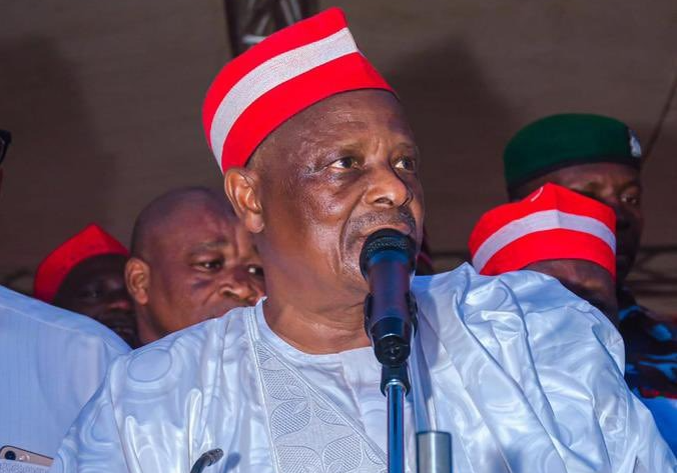The Peoples Democratic Party (PDP) has responded to the resignation of former Vice President Atiku Abubakar from its ranks, describing the move as neither unexpected nor unprecedented.
Speaking to journalists in Bauchi on Friday, Umar Damagum, Acting National Chairman of the PDP, dismissed the development as a familiar occurrence in Abubakar’s political career. Damagum stated that the party anticipates Abubakar’s eventual return, citing his history of multiple defections and re-alignments over the years.
“This is not the first time. We are expecting him back,” Damagum said. “His resignation is a political calculation, not a final departure.”
Abubakar officially announced his resignation from the PDP on July 14, stating that the party had deviated from its founding principles and was now plagued by “irreconcilable differences.” While he has not yet declared his next political affiliation, he is reportedly part of a growing coalition of opposition figures coalescing around the African Democratic Congress (ADC) ahead of the 2027 general elections.
A History of Political Realignment
Atiku Abubakar, one of the founding members of the PDP, has had a long and turbulent history with the party, marked by several high-profile defections and returns driven largely by internal disagreements and presidential ambitions.
His first exit came in 2006 when he left the PDP to join the Action Congress (AC), a precursor to the Action Congress of Nigeria (ACN), in order to pursue his 2007 presidential bid. That effort was ultimately unsuccessful.
He rejoined the PDP in 2009, with considerable support from some influential northern political blocs, but failed to secure the party’s presidential nomination for the 2011 elections, losing to then-incumbent President Goodluck Jonathan.
In 2014, amid another wave of intra-party tension, Abubakar again left the PDP to join the newly formed All Progressives Congress (APC). He contested the APC presidential primary for the 2015 elections but was defeated by the late Muhammadu Buhari, who went on to win the presidency.
Abubakar returned to the PDP in 2017 and secured the party’s presidential ticket in both the 2019 and 2023 elections. Despite strong campaigns, he was unable to win the presidency on both occasions.
Despite the high-profile nature of Abubakar’s exit, the PDP leadership appeared unruffled, choosing to view the move as part of a broader political strategy rather than a crisis.
“His resignation is not new to us,” Damagum said. “We have seen this before. It is part of the political process.”












